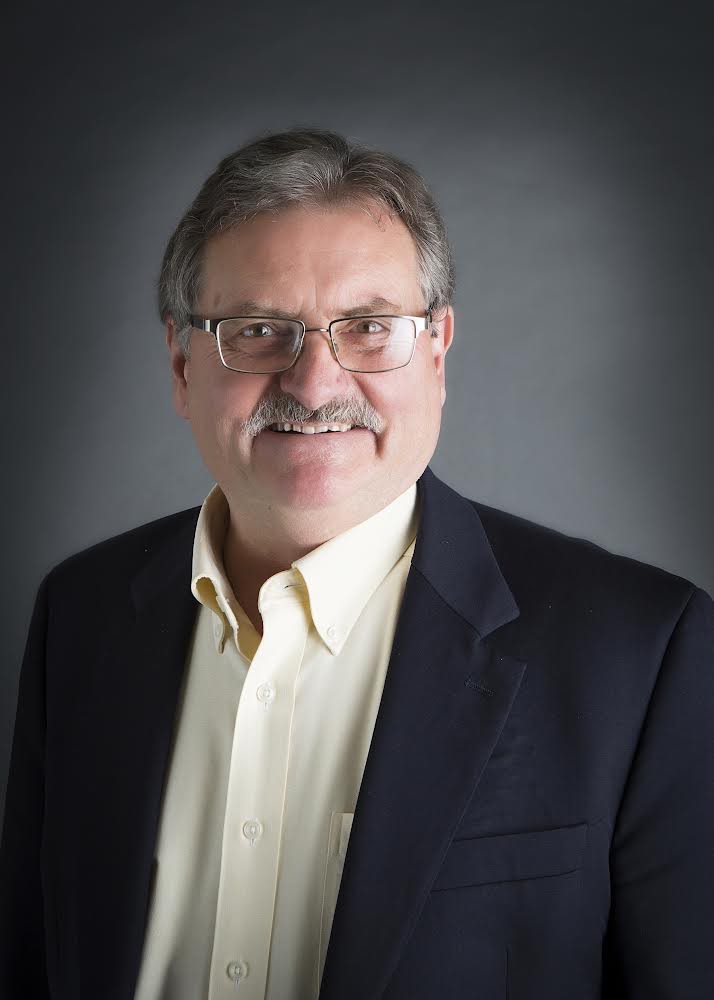Yale professor receives award from American Chemical Society for work in spectroscopy
A Yale professor has received the prestigious E. Bright Wilson Award in spectroscopy for his research in studying molecular structures with spectroscopy

Anjali Mangla, Contributing Photographer
A Yale professor has received a prestigious award from the American Chemical Society, or ACS, for his work in spectroscopy.
The ACS recently recognized Mark Johnson, Yale’s Arthur T. Kemp professor of chemistry, with the E. Bright Wilson Award in spectroscopy. The award acknowledges researchers who have made significant contributions to the field of spectroscopy, which is used to study the structures of atoms and molecules.
In a conversation with the News, Johnson attributed the success of his lab to its tight-knit team environment.
“Working in these small teams and training young people and getting the first look at a new way of measuring nature, there’s a rush associated with that,” Johnson said. “You know you’re the first person to see something and it’s up to you to figure it out.”
Initially, Johnson was interested in the nature of ions in interstellar space. These molecules could be observed in part due to their glowing signatures; but to identify these molecules, it was necessary to recreate the conditions of interstellar space on Earth. Through this process, Johnson gained experience working with charged particles in order to better understand them and observe their signature “glows.”
This work laid the foundation for the current research in his lab that focuses on the intersection between mass spectrometry and cryogenic vibrational spectroscopy to study molecules and their structures.
“Broadly, we use laser spectroscopic techniques to understand the structure and dynamics of molecules,” said Joseph Messinger, a postdoctoral associate in Johnson’s lab. “In real life, things like biological systems or atmospheric aerosols are these big, complicated systems, so to understand what’s going on in them chemically is very important because that’s what determines their properties.”
The implications of this research extend beyond the understanding of matter at a structural level and could have important ramifications in the medical field. Johnson’s lab is currently working in conjunction with the University of Connecticut Medical School to explore whether this work could assist in increasing the efficiency of sequencing proteins.
Johnson’s lab is also unique because the team members build their own instruments rather than making use of commercially produced ones. This is another example of the cooperative nature of Johnson’s lab, as his team members have not only developed new techniques but also collaborated with scientists outside of the lab to create these instruments. According to Johnson, the process of working with these meticulous instruments is “great fun” and “a great challenge.”
“Mark is a very hands-on [principal investigator], which is rare,” said Sayoni Mitra ’22, one of Johnson’s graduate students. “If your experiment doesn’t work, if the laser breaks down, if the machine breaks down, he doesn’t just let the grad students deal with it. He’s going to be there in the trenches with you fixing things alongside you even if it’s late and things are not working. He’ll be right there beside you to help you out. He’s the kind of guy who leads from the front.”
Johnson’s attention to detail and commitment to his work are part of what his colleagues most admire about him. Fabian Menges, a former member of Johnson’s lab and a mass spectrometrist at Yale’s Chemical and Biophysical Instrumentation Center, echoed others’ enthusiasm and said he was surprised to learn that Johnson had not previously received the award.
“When I saw that he got that award, I went through the list of awardees and I was like, ‘How come he was not yet on this list?’” Menges said. “He’s an outstanding presenter and somebody who was really digging into spectroscopy for many years.”
Mitra concurred with Menges about Johnson’s fit for the award.
“If anybody deserves [this award], it’s him,” Mitra said. “He’s a great scientist, and he’s a great mentor.”
Johnson hopes to continue his research in systems of small enough scales that will permit him to understand the fundamentals of temperature-driven reactions.
Johnson has been a member of the Yale faculty since 1985.







